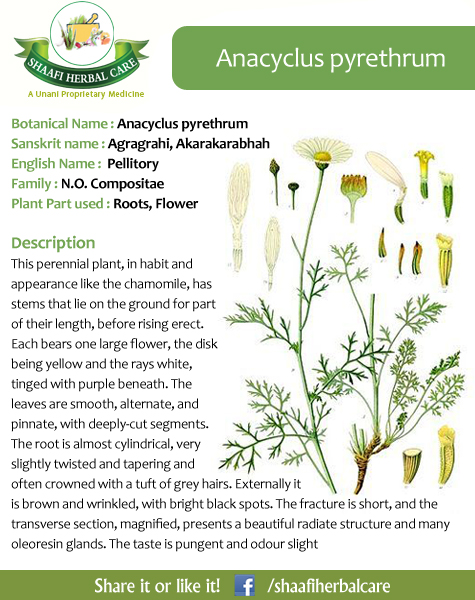
Benefits of Phyllanthus
Preliminary studies suggest that plants of the Phyllanthus genus may contain many compounds with health-enhancing properties, including antioxidants, lignans (a type of phytoestrogen), and tannins (a class of substances found to reduce inflammation).
Although research on the health effects of plants of the Phyllanthus genus is very limited, there’s some evidence that the Phyllanthus amarus and Phyllanthus niruri species may offer certain benefits. Here’s a look at some key findings from the available research:
1) Liver Health
In laboratory research, scientists have found that certain species of Phyllanthus may help prevent liver damage. For instance, a 2012 study from Pharmaceutical Biology determined that extracts of Phyllanthus polyphyllus, Phyllanthus emblica, and Phyllanthus indofischeri had high levels of liver-protecting activity.
However, other research indicates that plants of the Phyllanthus genus may not be effective in treatment of hepatitis B infection (an inflammatory illness of the liver).For example, a 2011 report from the Cochrane Database of Systematic Reviews analyzed the available clinical trials on the use of plants of the Phyllanthus genus in treatment of hepatitis B infection. Looking at 16 clinical trials (with a total of 1,326 patients), the report’s authors found “no convincing evidence that phyllanthus, compared with placebo, benefits patients with chronic HBV infection.” Still, the authors did determine that using extracts of plants of the Phyllanthus genus in combination with an antiviral drug may be better than the same antiviral drug alone in treatment of hepatitis B infection.
2) Kidney Stones
Phyllanthus niruri may help prevent the formation of kidney stones, according to an animal-based study published in BJU International in 2002.In addition, a 2004 study from Urological Research found that patients treated with Phyllanthus niruri for three months experienced a greater reduction in urinary calcium (compared to patients given a placebo for the same time period). Looking at data on the study’s 69 study participants (all of whom had a history of calcium stone formation), the study’s authors suggest that intake of Phyllanthus niruri may help protect against kidney stones.
3) Cancer
For a study published in Phytotherapy Research in 2010, scientists tested the anti-cancer effects of Phyllanthus emblica. In a series of experiments on mice and on human cancer cell lines, they found that an extract of Phyllanthus emblica may help slow tumor growth and promote apoptosis (a type of programmed cell death essential for stopping the proliferation of cancer cells). However, there is currently a lack of clinical trials testing the effectiveness of any type of plant in the Phyllanthus genus in prevention or treatment of cancer.


